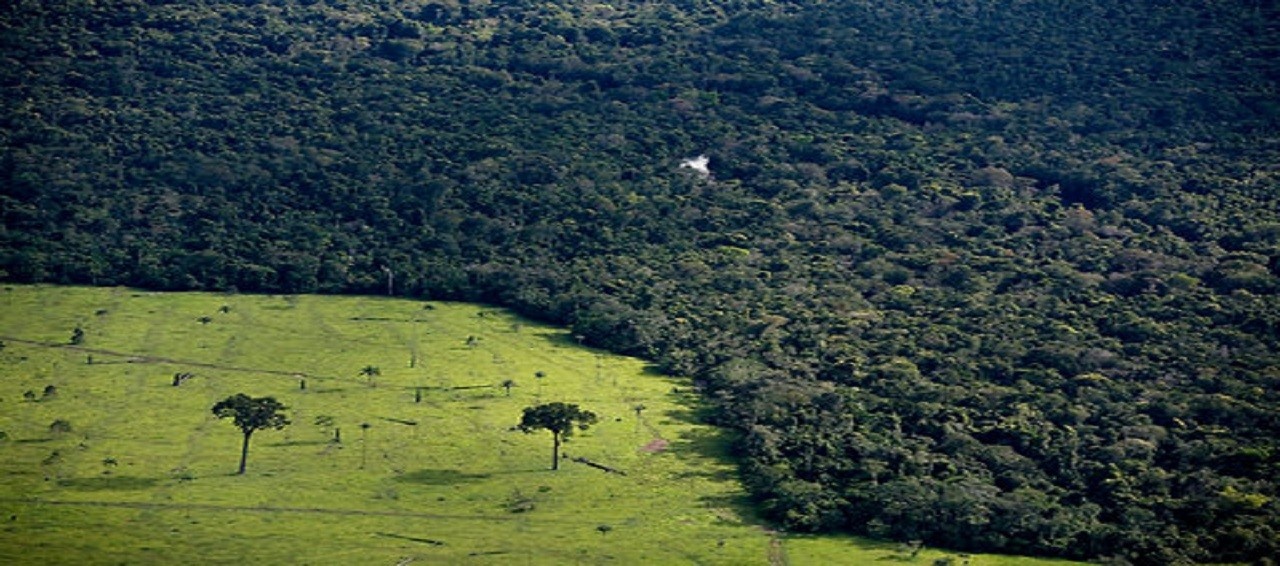The Global Development Primer: INTD2001
A way to teach International Development like never before.

Our Introduction to Development Studies Course (INTD2001) isoffered in a way like never before: through module-based teaching, and through podcast learning as the Global Development Primer.
The Global Development Primer Podcast (GDP)
Our summer courses are podcast based, and many of which are available through Spotify and Google Play. Dr. Huish is the host of the Podcast "GDP" which is the Podcast on all issues related to International Development. Click here to listen.
Our In-Class Experience.
Our in-class course was reconfigured by Prof. Robert Huish, this 3-credit hour course involves 3 modules led by IDS Faculty that bring their expertise about the theories and practices of International Development directly to students.
The Global Development Primer (INTD2001) is an approach that connects students directly with our department experts. Module teaching enhances the scholarly interests and career goals of students while covering fundamental principles of the discipline.
This is about building the skills and confidence to address challenging issues that face society.
Each of the modules in this Fall Semester course address a pressing area of development through each professor’s expertise on core concepts of poverty, inequality, and injustice.
Within each module are opportunities for students to connect to these themes through experiential learning, and advising from the coordinator and the module professors. Each module is evaluated by the coordinator and the professors, and if students maintain a certain grade average throughout the course they are excused from the final exam.
Students are evaluated in each module. If they maintain a certain grade average throughout the course they are excused from the final exam.
A first for International Development studies at Dalhousie, module-based teaching offers a unique opportunity to connect students to the strengths of our faculty experts, while laying a foundation of core competencies in ethics and in theory.
This is an exciting core class for International Development majors, and an engaging elective on global citizenship for all students.
The Global Development Primer recognizes colonial legacies of development and goes beyond any basic development studies textbook in order to critically engage students with issues that are shaping our world today.
Module-based teaching.
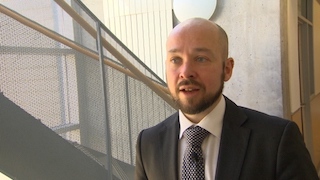 Dr. Robert Huish
Dr. Robert Huish
“This is an amazing approach to undergraduate education,” says Prof. Robert Huish, who taught in a module-based course in New Zealand.
As Coordinator, he ensures consistency among the module instructors, handles all grading and student matters, connects students to the larger themes in International Development, and is present in the classroom throughout the course.
An active researcher on a wide range of development topics, and named in the Globe and Mail’s “Our Time to Lead" series as one of Canada’s most innovative educators, Prof. Huish’s classes give students skills and confidence to make important impacts in the world around them.
“It is more than just getting excited or ‘getting into’ a topic”, says Huish. “This is about building the skills and confidence for students to engage in some of the most important, and challenging, issues facing society”.
Get engaged and connect with our department experts.
Modules are evaluated through experiential learning, and instructors advise students on how to further pursue the topic through their studies and in to their careers.
“This is going to be a fantastic opportunity for any student interested in International Development to dive in, get engaged, and to connect with our department experts”, says Huish.
Beyond Colonialism towards Solidarity:
Dr. Ajay Parasram 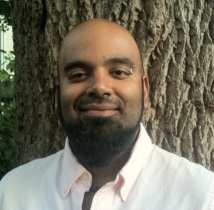
“Colonialism structures the ‘Right Now’”, says Prof. Ajay Parasram. “It is essential to study how colonialism exists in the modern world, how it was made, and most importantly how it can be re-made in emancipatory ways”.
Historian Howard Zinn said that “labels are given to periods of our history which reflect the well-being of one class and ignore the rest”. The same holds true in International Development. The labels we give to development processes matter enormously in how we treat one another and how we shape our world.
Labels are given to periods of our history which reflect the well-being of one class and ignore the rest.
Prof. Parasram teaches upper-level courses on neo-cololialism and social movements. His cross-disciplinary research explores the impacts of empire in Canada, Indonesia and beyond.
The Place of Gender in Development:
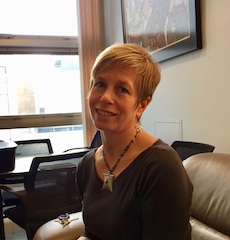 Dr. Theresa Ulicki
Dr. Theresa Ulicki
A focus on gender, not to mention race, class, age, sexuality, and gender identities matter in everyday life – here and in the Global South. Throughout the world, women—especially women of colour and younger women—are more likely to experience physical violence than men. Women are still regularly paid less than men for the same work. The list goes on.
According to Prof. Theresa Ulicki, “many people involved in development see ‘the people’ as their target group and do not try to understand the different realities of men and women's lives”.
Ignoring gendered roles can hurt everyone.
She says that “ignoring gendered roles, relationships, and power dynamics can hurt everyone”.
Prof. Ulicki has taught about gender and development at Dalhousie for 15 years. Her research focuses on gender and labour issues in South Africa and Lesotho. “Currently I’m conducting research on women and craft production in South Africa”, says Ulicki. “I’m looking specifically at how artisan work has impacted the capabilities, livelihoods and well-being of women artisans”.
Building Global Citizenship:
Dr. John Cameron 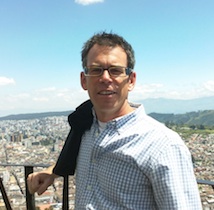
“The ways we act, and the actions we take, impact others, both close to us and abroad”, says Prof. John Cameron. “We as consumers, citizens, taxpayers all make deep impacts into the lives of others, and the nature of our societies”.
A coordinator of a policy field school in Ottawa, and having researched the representations of development in the global South by non-governmental organizations, Prof. Cameron’s research looks at the deeper meanings of global citizenship.
The actions we take impact others close to us and abroad.
Connecting students to global issues through experience and scholarship is at the heart of International Development. “It is the sort of knowledge and everyday ethics that are valuable skills in any job market”.
Sign Up for The Global Development Primer.
Registration opens soon, and space is limited.
For more information about the course, feel free to contact the Coordinator, Prof. Huish.
Or visit the International Development Studies Office.
